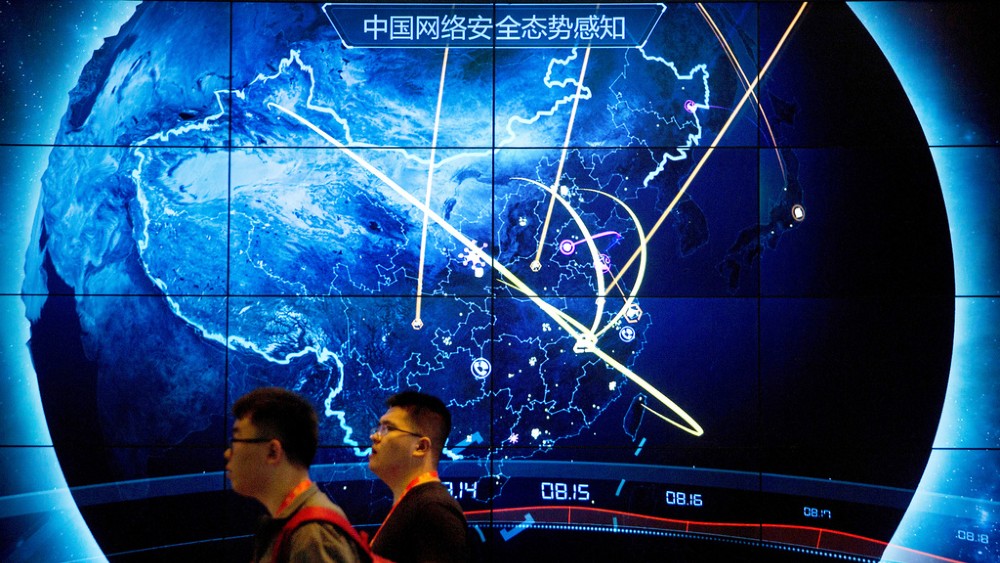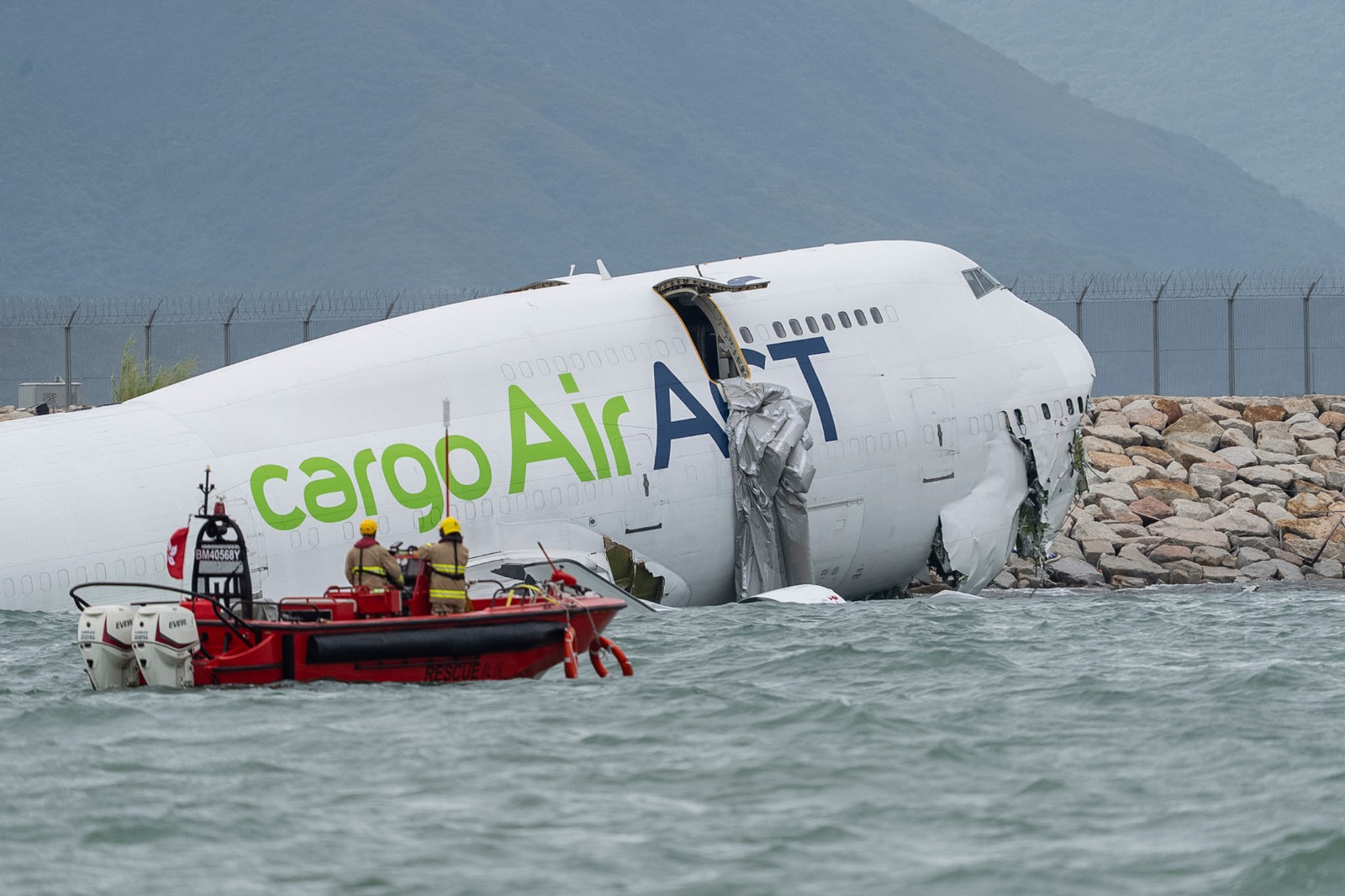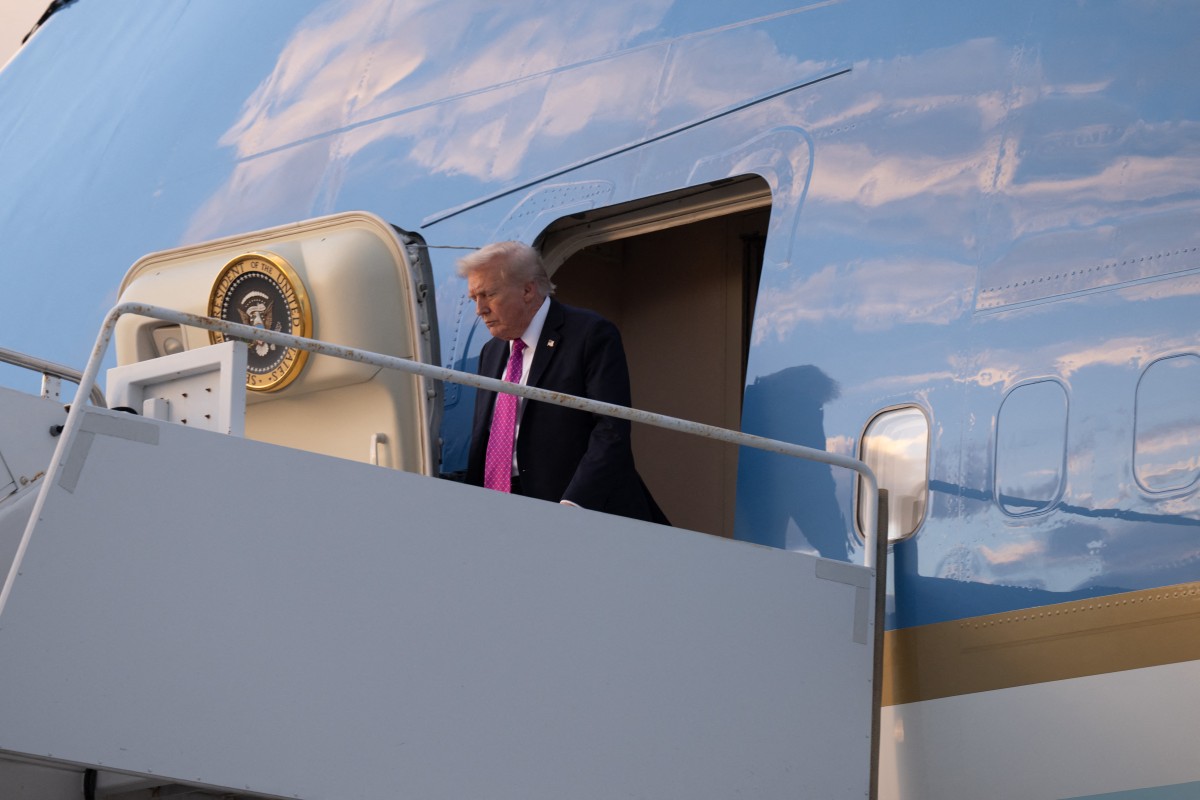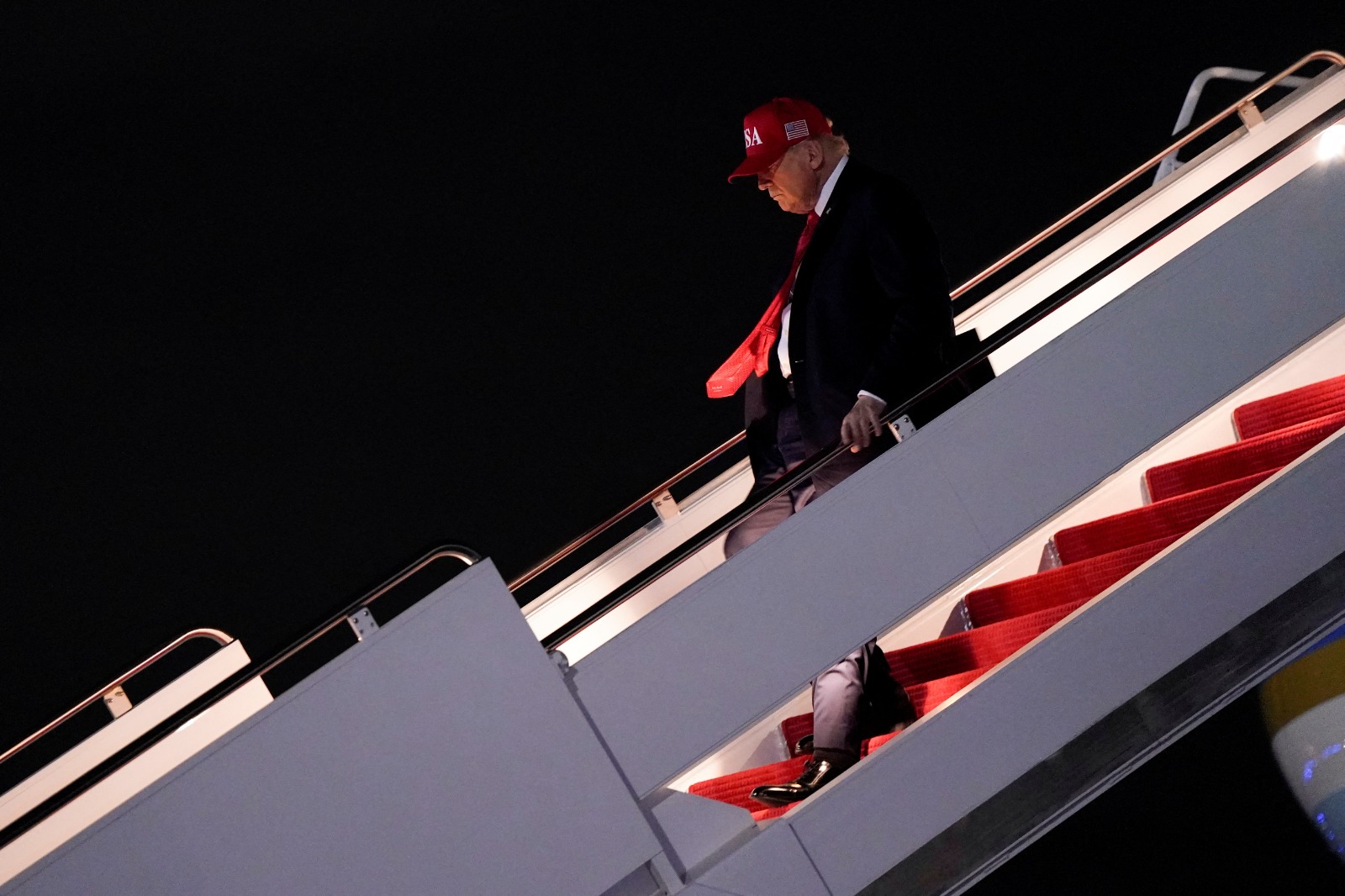ISLAMABAD: US President Donald Trump has urged China to resume purchases of American soybeans and stop the flow of fentanyl into the United States, warning that he would not make a trade deal unless Beijing complied, Reuters reported.
Speaking to reporters, Trump said, “One of the things I want is China to buy soybeans. I want China to stop with the fentanyl — very normal things. I don’t want them to play the rare earth game with us."
Asked whether he believed China would agree, Trump replied, “I do believe, yeah, because otherwise I'm not going to make a deal. Our farmers have been boycotted by China as a negotiating point. I want them to start buying soybeans at least in the amount they were buying before."
Trump also claimed China was paying record tariffs, adding that he was open to lowering them only if Beijing “does things for us too.”
The remarks came amid heightened US-China trade tensions after Beijing expanded export rules on rare earth materials — a move analysts say mirrors long-standing American trade controls.
According to an Associated Press report, China’s new export restrictions require foreign firms to seek approval from Beijing to sell products containing even small amounts of Chinese-origin rare earth materials or technology. This effectively gives China influence over the global supply chain of smartphones, electric vehicles, and advanced weapons systems.
Analysts say Beijing’s strategy borrows directly from US trade playbooks. “China is learning from the best,” said Neil Thomas of the Asia Society Policy Institute. “Beijing is copying Washington’s playbook because it saw firsthand how effectively US export controls could constrain its own development.”
The move follows a series of tit-for-tat measures since Trump relaunched his trade war earlier this year. Beijing has since blacklisted several US firms, tightened export controls on critical minerals, and imposed matching tariffs — including a 125% “Liberation Day” tariff in April.
Experts warn the spiral could deepen global economic uncertainty. Jeremy Daum of Yale Law School told AP that while both governments now share a “holistic view of national security,” their reciprocal measures risk turning into a “race to the bottom where nobody wins.

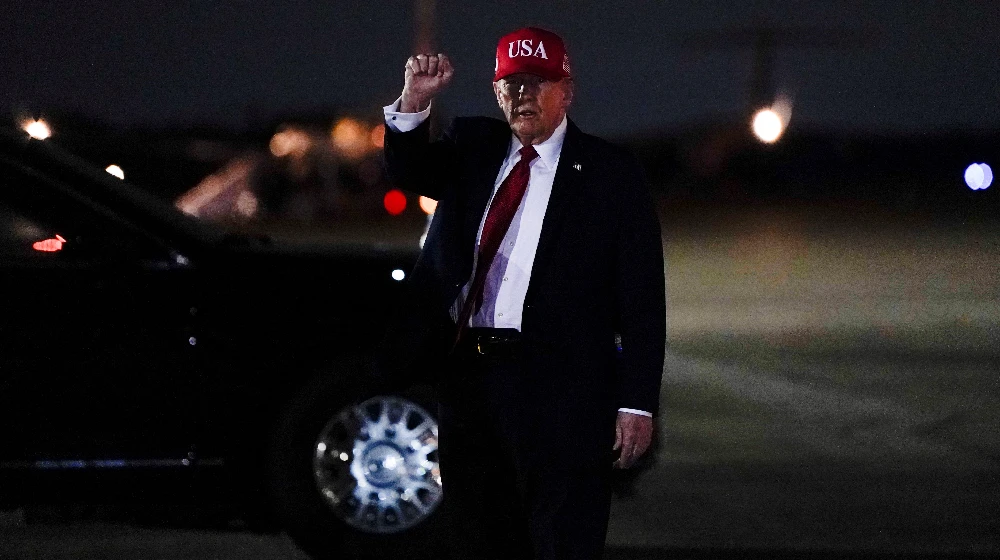
.jpg)
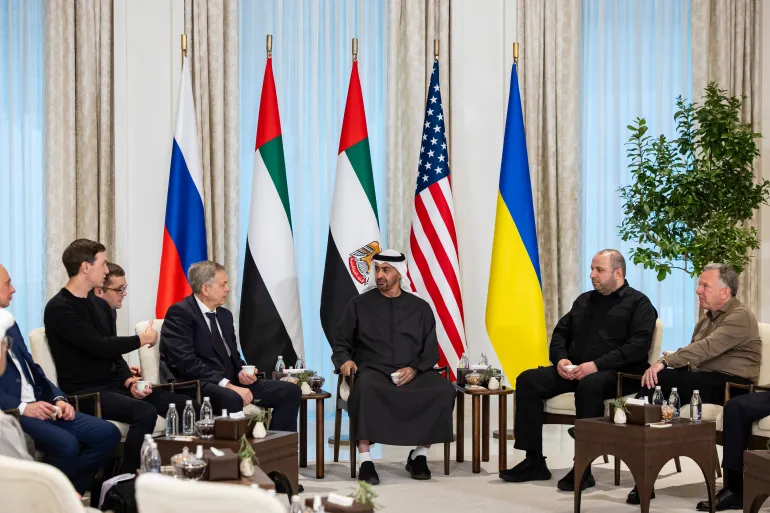


.jpg)
